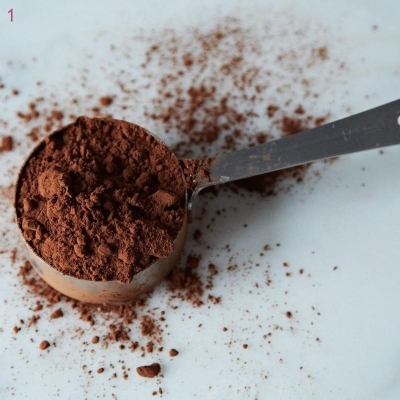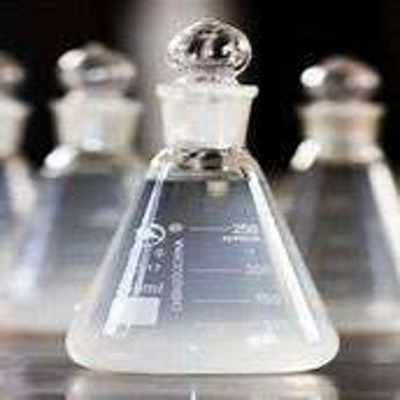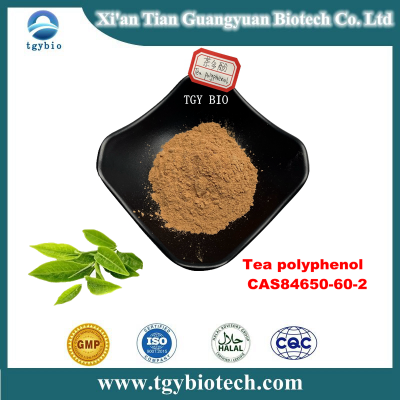-
Categories
-
Pharmaceutical Intermediates
-
Active Pharmaceutical Ingredients
-
Food Additives
- Industrial Coatings
- Agrochemicals
- Dyes and Pigments
- Surfactant
- Flavors and Fragrances
- Chemical Reagents
- Catalyst and Auxiliary
- Natural Products
- Inorganic Chemistry
-
Organic Chemistry
-
Biochemical Engineering
- Analytical Chemistry
-
Cosmetic Ingredient
- Water Treatment Chemical
-
Pharmaceutical Intermediates
Promotion
ECHEMI Mall
Wholesale
Weekly Price
Exhibition
News
-
Trade Service
In response to media reports on the 23rd that French fries products were added to dimethyl polysiloxane and the petrochemical antioxidant Triry Butylhydroquinone (TBHQ), Taiwan's Food and Drug Administration said the two ingredients are permitted food additives in Taiwan, as well as international products including CAC, the European Union, the United States, Canada, Australia and South Korea.
In accordance with the food additive use range and limit specification standards provisions, for the purity of these two additives, the content of non-pure content set specifications, and regulate the use of food range and limits.
Among them, tetebic acidophenol is the permitted class (iii) antioxidant tertiary Butylhydroquinone (TBHQ), which can be used in grease, cheese and cream in quantities below 0.20 g/kg.
dimethyl polysiloxane is another silicone resin (Silicon Resin, also known as Polydimethyl siloxane or Dimethylpolysiloxane) that can be used in a variety of foods with a dosing of less than 0.05 g/kg and is only available for defoulation.
If the food industry chooses to meet the specifications and complete the login of legitimate food additive products, in the process of French fries processing, according to the scope of use and limit provisions added, did not violate the food additives use regulations, nor cause consumer health hazards.
。







